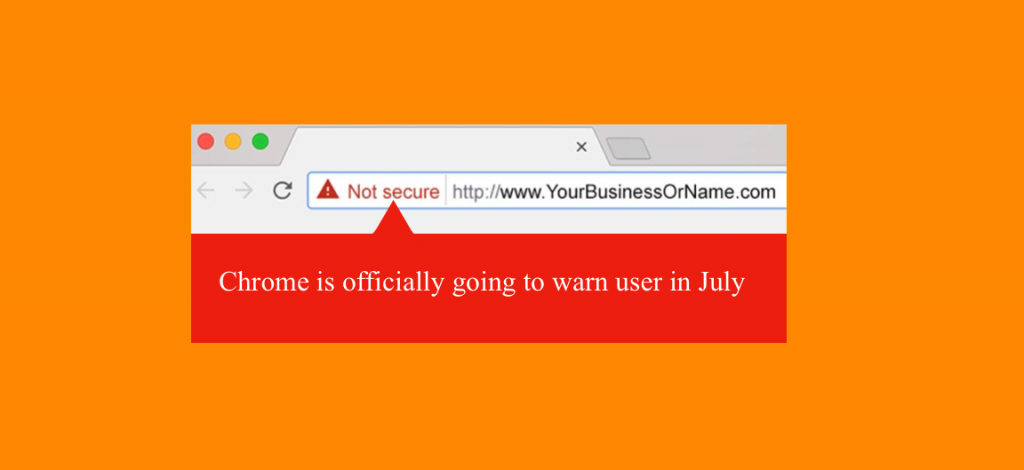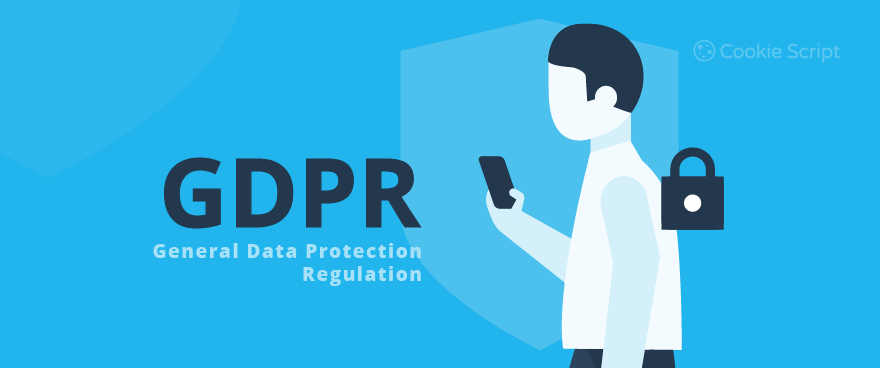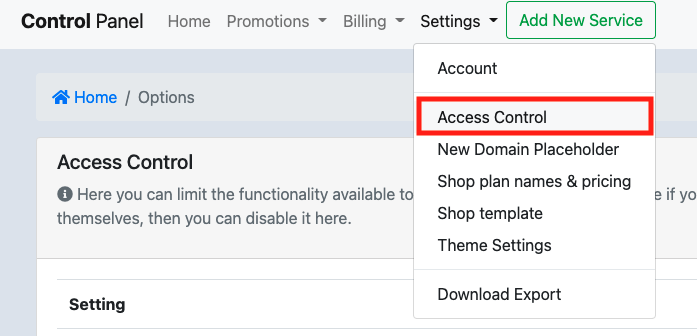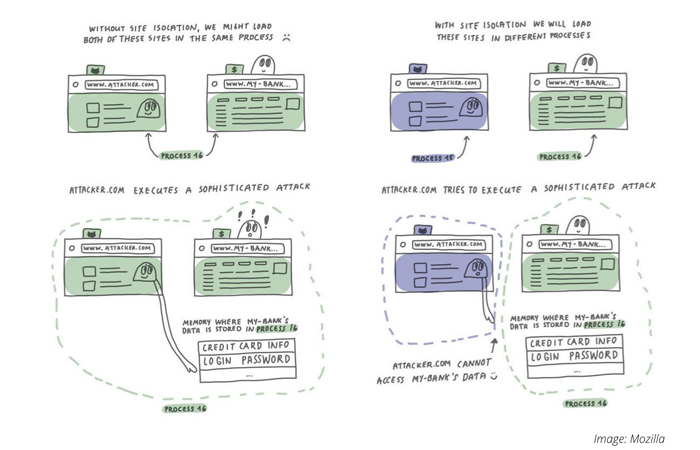In a few weeks from now Chrome will mark all HTTP sites as “not secure”: the browser will warn users with an extra notification in the address bar. Chrome currently marks HTTPS-encrypted sites with a green lock icon and “Secure” sign. You should add SSL to your website now to prevent problems.
What is SSL and why do you need it?
Secure Sockets Layer (SSL) is a standard security technology for establishing an encrypted connection between a server/website and a browser, or a mail server and a mail client (e.g., Outlook).
SSL allows sensitive information such as credit card numbers, social security numbers, and login credentials to be transmitted securely.
Why do you need it?
Because SSL will ensure no one in the middle can tamper with the traffic or spy on what you/your clients are doing especially during online transactions or when transmitting confidential information. And Chrome soon (July) will tell all visitors in the address bar if the website they are visiting is “secure” (SSL encrypted) or “not secure”. SSL is also great for SEO, for boosting search rankings and getting more traffic to your site.

Typically an SSL Certificate will contain your domain name, your company name, your address, your city and your country. It will also contain the expiration date of the Certificate and details of the Certification Authority responsible for the issuance of the Certificate.
Please contact your web hosting provider how to add SSL to your websites.
At Code Orange, we believe SSL should be free. If you wish to know more about SSL, please contact us or call at +66 (0)85-912-2419











